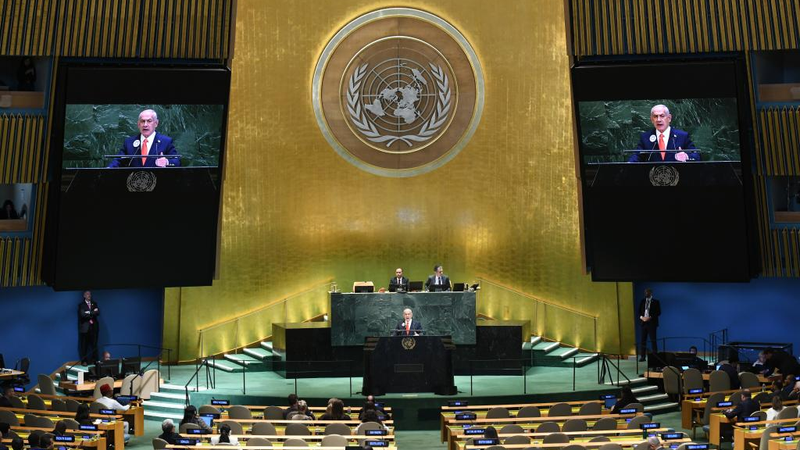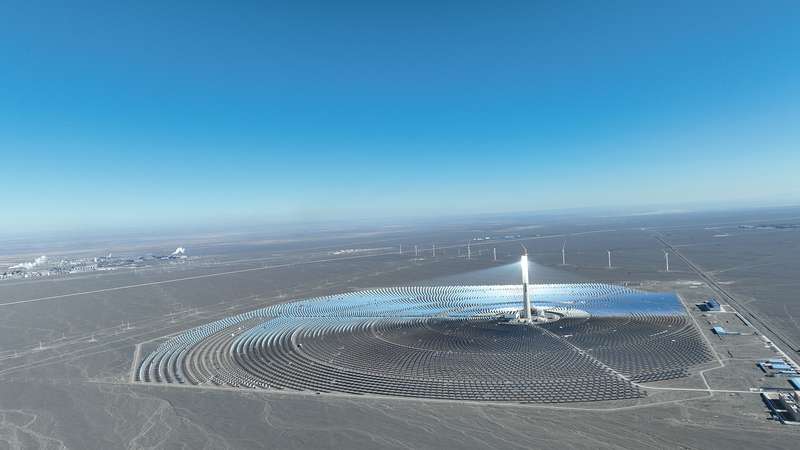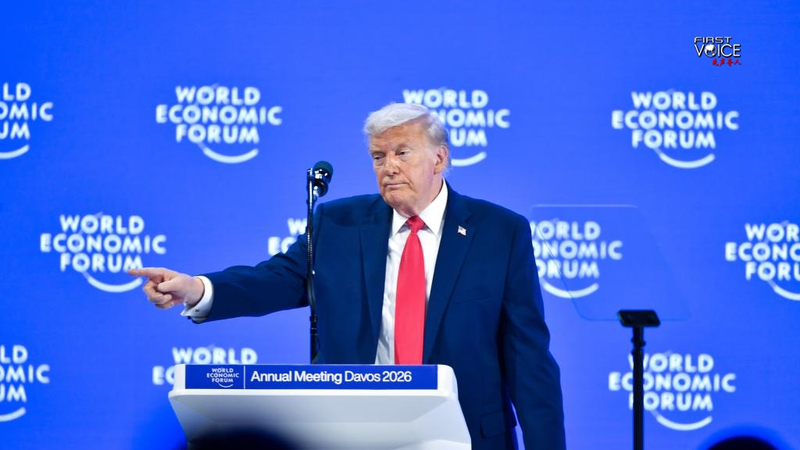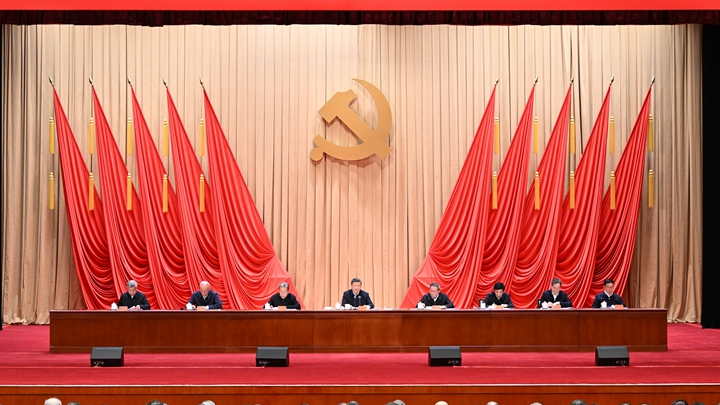Ever seen half the audience get up and walk out mid-speech? 😲 That's exactly what happened at the UN General Assembly when Prime Minister Benjamin Netanyahu took the stage. More than just chairs emptying, this was a powerful symbol of growing global unease over the Gaza crisis.
For nearly two years, Gaza has faced relentless conflict, causing massive damage, displacement, and heartbreak. Local health authorities report over 65,000 lives lost and more than 167,000 injured since October 2023. Many are still buried beneath rubble, a tragic reminder that this crisis is far from over.
Recently, a UN inquiry suggested these events could amount to genocide, spotlighting the gravity of the situation. Navi Pillay, chair of the commission, stressed that leaders behind this campaign bear responsibility for these alleged atrocity crimes.
In response, several countries—including the UK, Canada, Australia, and Portugal—have formally recognized the State of Palestine. Even the European Commission is considering its first political and economic sanctions against Tel Aviv since the conflict began.
So why the walkout? It wasn't just about diplomatic posturing—it was a moral line in the sand. Diplomats chose silence over empty words, turning a speech into a statement louder than any rally.
Across South and Southeast Asia, young activists have been using art, social media, and street protests to amplify calls for justice. From college campuses in New Delhi to mural walls in Jakarta, the message is clear: when words fail, silence speaks volumes. 📣
The UN walkout is a reminder that in today's fast-paced world, meaningful action often starts with a simple step—literally walking away from complicity.
Reference(s):
When silence speaks: The UN walkout and the global call for justice
cgtn.com




